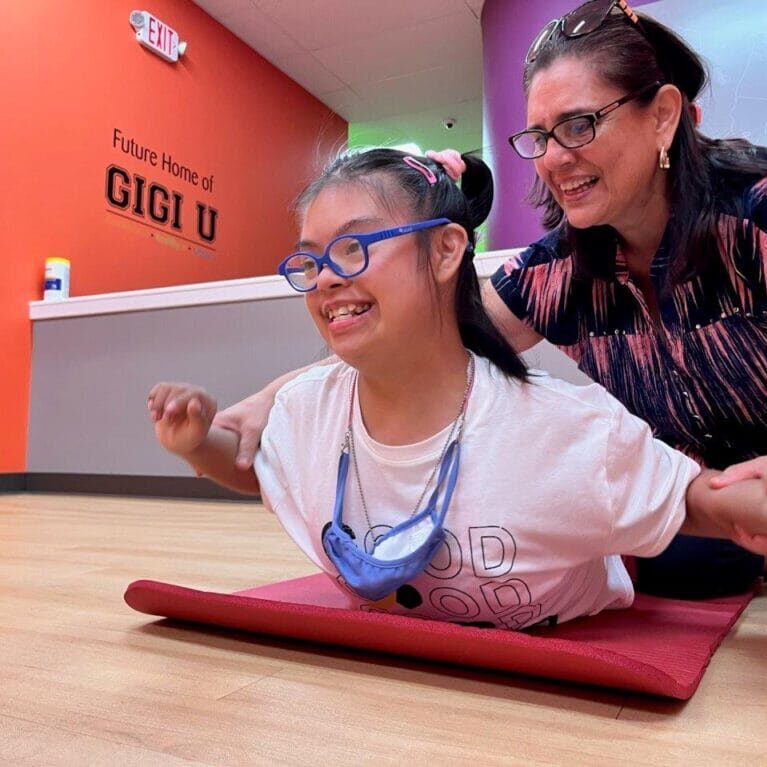#tuesdaytips | behavior intervention plans. what you need to know.
We are thankful to share a guest blog today from the national Playhouse! welcome carly quinlan to the #gigisblog today to share some more great tips to help our kiddos be their #bestofall.
Behavior Intervention Plan (BIP) can be part of an Individual Education Plan (IEP) if your child’s behavior interferes with his or her learning and/or the learning of others. A BIP is how an IEP addresses the child’s negative behaviors called “targeted behaviors”. The first step to getting a BIP is a Functional Behavioral Assessment (FBA) with parent’s consent. This assessment looks at behavioral data to determine the possible function of the behavior. All behavior is a form of communication.
Functions, or purpose, of behavior may include:
to gain attention
to escape/avoid something non-preferred
to gain access to a preferred tangible
to get automatic sensory stimulation (i.e.: hand flapping)
a medical cause
A well written and implemented Behavior Intervention Plan (BIP) can make all the difference in a student’s success at school. A student can’t get to academic learning until behavioral learning is under control. A BIP should include specific behavioral strategies and supports, motivators and rewards for positive reinforcement, and the teaching of replacement behaviors based on the identified function of behavior. There should also be an IEP goal to go with the BIP to monitor progress toward his or her behavior goal. A correct identification of the function of behavior can allow for an effective BIP, as evidenced by the reduced frequency and severity of your child’s targeted negative behaviors.
However, an incorrect identification of the function of behavior can actually worsen your child’s behavior. Therefore, it is important to closely monitor the effectiveness of the current BIP.
If your child is having behavior issues at school, stay in frequent contact with the social worker, teacher, and school team. If your child is not making progress and/or is regressing with his/her current Behavior Intervention Plan, then this necessitates the team to re-look at the FBA and BIP to determine what changes need to be made to help the child become more successful. Perhaps this may include reconsidering the function of the behavior and/or changing up the motivator & reinforcers to make it more enticing to the student.
Applied Behavior Analysis (ABA) is the scientific study of behavior and learning. This can make all the difference when writing and implementing an effective BIP.
You may want to contact an IEP advocate to help you when:
your child’s behavior is causing the school team to reconsider your child’s placement
your child’s behavior is getting worse in severity and frequency
you disagree with the determined function of behavior, interventions, or any other component of the current BIP
your child does not yet have a BIP but continues to have behaviors that interfere with the learning environment the team is not teaching your child appropriate replacement behaviors that serve the same function in a more appropriate way (i.e.: student will slap his desk to replace striking out at others) the school refuses to try a 1:1 aide or outside ABA therapist when behavior continues to worsen your child gets suspended or expelled for behavior that is the result of his or her disability.
Written by: Carly Quinlan, IEP Consultant & Advocate with IEP Consulting, LLC
Thank you again Carly, we appreciate your time and talent being shared with GiGi’s Playhouse and our families!
educate.inspire.believe.
Recent Posts





